The Commercial Lease Renewal Tactic Landlords Don’t Want You To Know
Is it time to renew your commercial lease? Don’t simply sign on the dotted line—as an existing tenant, you’ve got a powerful bargaining chip that may be worth a lot more than you think!
The Secret Costs Landlords Don't Want You To Know About
Consider the landlord’s position in a commercial lease negotiation:
Create commercial lease renewal document;
Have client sign a commercial lease renewal document.
The cost to renew an existing commercial lease would be limited to a couple hundred in lawyers’ fees to draw up the contract (the landlord may even use an existing contract and skip this cost altogether) and the landlord’s time to draw up the contract and get it signed. All-in-all, not a huge expenditure of money or effort on the part of the landlord and they get to keep an existing tenant whom they know and trust.
Now, consider the costs a landlord is looking at to replace a tenant:
Clean space when the tenant leaves;
Look for new tenants; arrange tours;
Negotiate with the new tenant;
Perform landlord’s work to make space functional for the new tenant;
Pay lawyers and commercial real estate agents to sign the final lease.
In this instance, the existing tenant will need to move out, requiring the landlord to clean up the space before a new tenant can move in—depending on the size of the space this could run anywhere from a couple hundred to a couple of thousand dollars. Then the landlord will need to retain the services of a commercial real estate agent to find potential tenants and arrange tours. Once a tenant is found, negotiations begin anew for lease rates vs. what the landlord will provide, often resulting in the landlord performing work on the space to make it acceptable for the new tenant. Of course, after signing the actual lease, both the commercial real estate agent and the lawyers will need to get paid. And now, the landlord has a tenant he or she knows nothing about and will have to simply hope they are as responsible as the last tenants.
Sound like a lot of work and money? It is. And most landlords would like to avoid finding new tenants at all costs—this is the secret to commercial lease negotiations most tenants don’t know.
How It Works In Practice
To see how effective a negotiating tool being an existing tenant is, let’s time travel back to 2003 when a larger pharmaceutical company, Biovail, was negotiating their lease renewal and some pretty specific requests they wanted their landlord to agree to before signing.
As the commercial real estate agent for Biovail, I presented their ten (yes, ten) demands to the landlord. Did he agree? No. Did he offer a counter argument? No. Instead, he laughed right in my face.
You see, this particular landlord never considered the fact that Biovail might leave, it was never even evaluated as an option as he assumed it would never happen. As a large pharmaceutical company, Biovail had some pretty specific needs for its space and their current premises were definitely not your typical industrial space. For starters, it was an 80,000 sq. ft. facility with 20,000 sq. ft. of finished office space, 20,000 sq. ft. of chemistry labs, 30,000 sq. ft. of pilot plants and clean rooms, and 10,000 sq. ft. of warehouse.
Besides the sheer impossibility of finding a comparable space, Biovail has several hundred employees at the time and was dead-set against moving them and millions of dollars of equipment to a new space.
There was no way Biovail was leaving, but their landlord didn’t need to know that.
I did my homework. It certainly wasn’t easy, but after putting my nose to the grindstone, I found several locations that Biovail could very well relocate to. Keep in mind, the client had no intention of moving, but in negotiations, it's not the facts that count, it's what you can make the other side believe.
Needless to say, when presented with the realization that his prize tenant may actually relocate, the landlord was much more accommodating and I successfully negotiated a lease renewal that included 9 of the 10 initial demands.
Getting What You Want From Your Commercial Lease Renewal
Every landlord and every tenant is different, as is every lease renewal negotiation. However, in order to negotiate the best possible deal, keep these best practices in mind:
Hire an agent. When an agent is involved in the process, the landlord knows you are receiving professional advice and are most likely being shown alternative spaces; landlords will undoubtedly up their offering in order to be competitive.
Start early. The closer your negotiations begin to the lease renewal date, the less leverage you have.
Understand the market. Be knowledgeable, show your landlord you mean business. Have your agent discuss current market conditions and rates with you; have a good understanding of what competing landlords are offering.
Draft an offer. Have your agent prepare an Offer to Lease and forward it to the landlord.
Know when to walk away. Based on how the landlord signs back the offer you'll know whether a renewal deal is possible or it's best to say 'Thanks, but no thanks," and move on.



